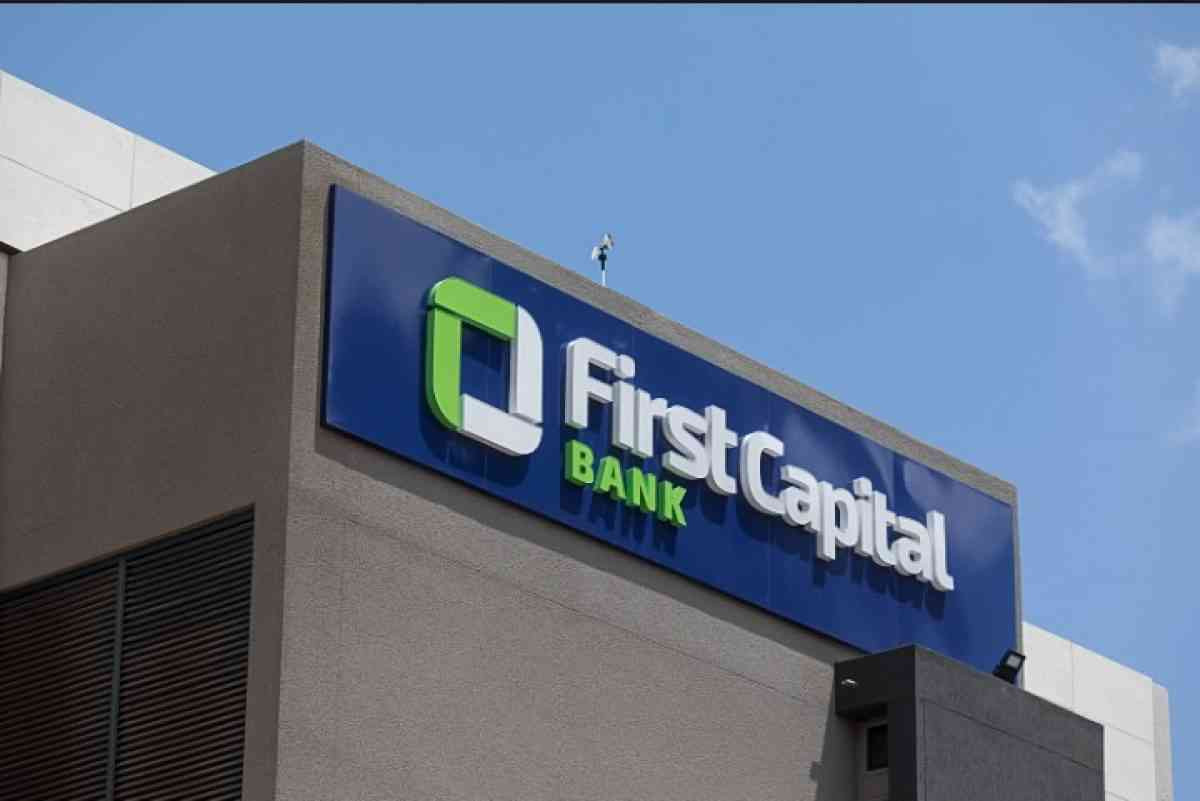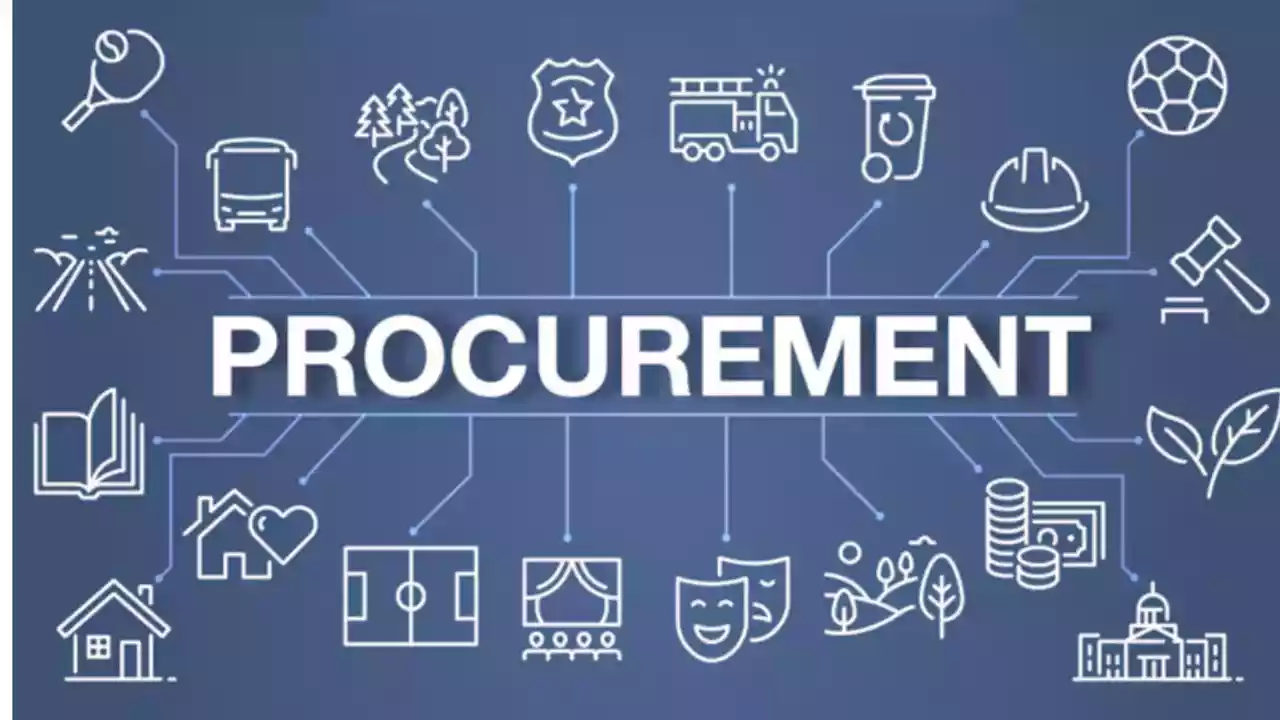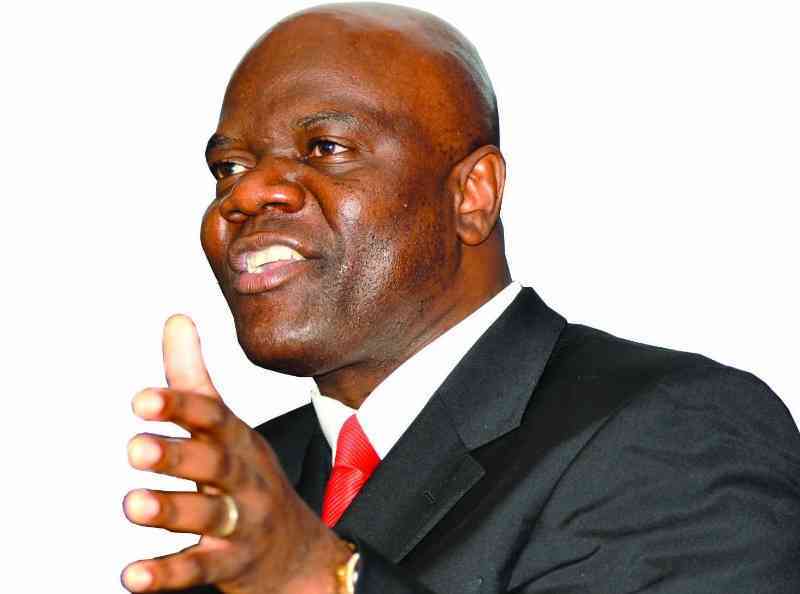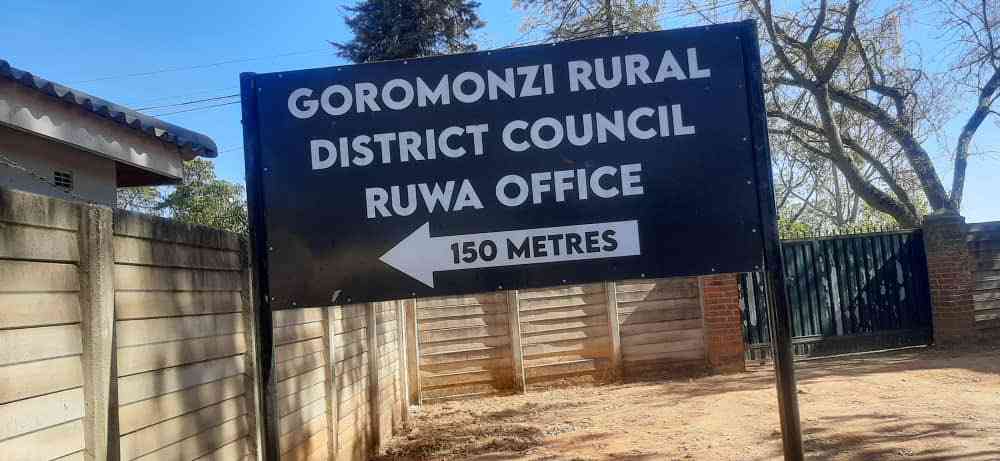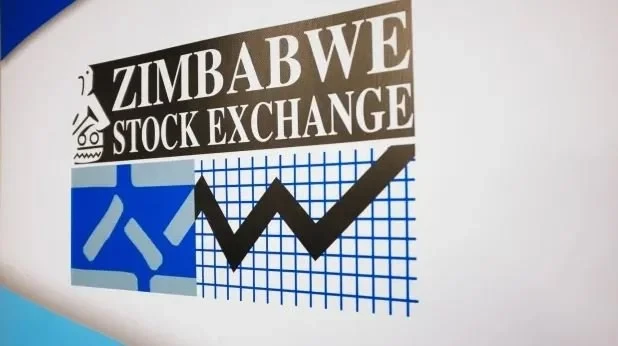
BANKERS Association of Zimbabwe (BAZ) has reported an increase in bank fraud across the country as financial institutions increasingly turn to digital platforms to do transactions, businessdigest can reveal.
According to Zimbabwe Information and Communication Technologies (ZICT), card cloning remains the number one form of bank fraud in the country as more transactions are increasingly becoming digital.
Statistics from the Reserve Bank of Zimbabwe (RBZ) point to a daily average of nearly ZW$50 billion being transacted through point-of-sale machines where bank cards are mostly used.
In an interview with businessdigest, BAZ chief executive officer Fanwell Mutogo said criminals were taking advantage of the increasing digitalisation in the country.
“We can confirm that with the heightened digitalisation prevailing in the economy, triggered by Covid-19, criminals have also taken advantage of that development, and we have witnessed incidences of card cloning as a sector,” he said.
“Banks have responded by gradually phasing out the non-EMV (Europay, MasterCard, and Visa) compliant cards, which are susceptible to card cloning. Over the past couple of months, the sector has been phasing out magstripe cards and introducing chip technology, which is not prone to card cloning.”
The Zimbabwe Republic Police (ZRP) is currently compiling a report on the increased bank fraud, among other crimes, occurring across the country.
“We will be issuing statistics in January; currently we are no longer issuing statistics. We are just one month before we close the year,” national police spokesperson Assistant Commissioner Paul Nyathi said.
- RBZ blocks Harare US dollar charges
- Industry cries foul over new export surrender requirements
- One stitch in time saves nine
- Banks keep NPLs in safe territory
Keep Reading
“The Commissioner General of the police will be issuing consolidated reports, including statistics in January so we cannot be working with statistics now.”
Last month, RBZ governor John Mangudya told guests at the 2023 Banks and Banking Survey awards ceremony that the central bank has launched a "full investigation" to look into fraud incidents in the nation.
He urged the banks to improve their security systems. While card cloning continues to be the number one challenge for banks, hacking is also becoming a growing concern whereby people are able to hack online and mobile bank accounts.
Based on the central bank statistics, an average of about ZW$707,45 billion is transacted daily through the real time gross settlement system, while on mobile platforms it is nearly ZW$52 billion.
ZICT chairperson Jacob Mutisi said most bank fraud was through social engineering, done when you know the person that you want to defraud and ways of getting them to provide you their banking details.
“Through bank transfers, an ordinary person can define when a transaction can be done and ask for the confirmation of payment,” he said.
“Some of the fraudsters are now making a fake confirmation of payment, and they say the money hasn’t reflected on the other side of the account whilst the transaction has been done. One way or the other, is that one of doing a chain link transaction.”
Mutisi said by providing the information, somebody can take over a depositor’s online payment or online access to a particular account.
“Once that information is provided, they can defraud that particular institution,” he said.
“South Africa has become corrupt in terms of opening bank accounts. It is easy to open a bank account with a South African bank when you are in Zimbabwe.
“Some people are getting bank accounts using fake identity cards and passports. One can actually buy an item through a proforma invoice but once the payment is done the money is gone.”
Mutisi said Zimbabweans needed to be educated on cybersecurity and that there was also a need for social responsibility awareness in terms of providing certain things within the community.
“There is also need for cybersecurity social responsibility awareness. The supermarkets and banks are educating people on fraud, cyber space and transactions on their businesses,” he said.
The exchange rate as November 21 was US$1:ZW$5 761,46.

